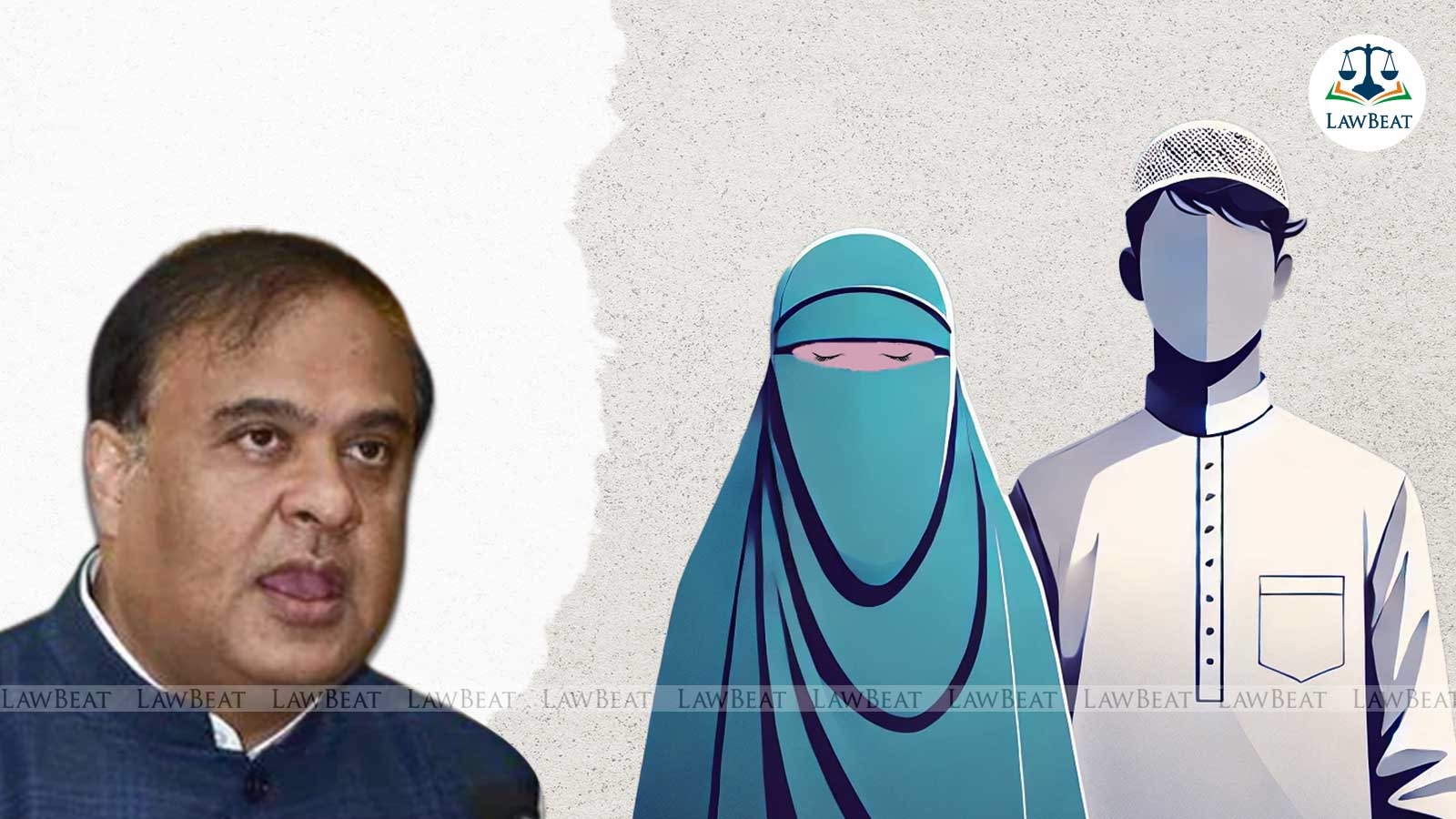Assam Assembly Passes Bill for Mandatory Registration of Muslim Marriage and Divorce, Repeals 1935 Act

The bill outlines procedures for declaration of marriages and divorces in the state and provides with penalties in cases of child marriage and false registration
The Assam Legislative Assembly on Thursday passed the Assam Compulsory Registration of Muslim Marriages and Divorces Bill, 2024, which mandates the registration of all Muslim marriages and divorces in Assam, aiming to safeguard the rights of married Muslim women and men and eliminate child marriages.
Chief Minister Himanta Biswa Sarma hailed the passage of the Bill calling it ‘landmark’. Biswa took to X stating that the “bill is a safety net for our daughters and closes all loopholes that allowed child marriages through the backdoor.” CM Biswa also assured that there child marriages in the state will be completely done away with by 2026. “Under the BNS ( Bharatiya Nyaya Sanhita) there are strict provisions to tackle this social evil and will firmly come down on offenders,” he highlighted.
The legislation makes it mandatory to register marriages with the Government and cannot contravene the legal age of marriage of 18 years for girls and 21 years for boys. It outlines several objectives, including the prevention of child marriage, the deterrence of non-consensual unions, and the protection of married women's rights to maintenance and inheritance. It also mandates that neither party to the marriage shall be incompetent, insane, or of unsound mind at the time of the marriage's solemnisation.
One of the most notable provisions of the Bill is the abolition of the traditional Qazi system, under which Muslim clerics registered marriages. Going forward, all marriages will be required to be registered with the government. According to Section 3 of the Bill, women must be at least 18 years old and men 21 years old at the time of marriage.
The process for registering a marriage includes submitting a notice to the district's Marriage and Divorce Registrar, with any person having the right to object to the marriage within 30 days. The Registrar is then required to investigate any objections before deciding on the registration. If either party is dissatisfied with the Registrar's decision, they may appeal to the District Registrar and subsequently to the Registrar General of Marriage.
The Bill grants wide discretionary powers to the Marriage and Divorce Registrar to refuse the registration of a marriage, provided that written reasons are given. It stipulates that if the Marriage and Divorce Registrar, during the scrutiny of documents, discovers that either party to the marriage is a minor, they must immediately report the matter and transmit all relevant records to the jurisdictional Child Marriage Prohibition Officer, as appointed under the Central Act provisions of the Prohibition of Child Marriage Act, 2006. This officer will then collect further evidence to effectively prosecute those who have violated the Act's provisions and initiate appropriate legal action.
It also establishes procedures for registering divorces, as outlined in Section 12, and imposes penalties for violations. Issuing false certificates can result in up to two years of imprisonment and/or a fine of ₹10,000, while registering a marriage in contravention of the Act can lead to up to one year in jail and/or a fine of ₹50,000.
Section 25 of the Bill grants the state government the authority to create rules governing the registration process, further enhancing regulatory oversight.
This legislation replaces the Assam Moslem Marriages and Divorces Registration Act, 1935, which was repealed by the current BJP government led by Chief Minister Sarma. The government justified the repeal on the grounds that the old Act facilitated child marriage, which the new law aims to eradicate. The Bill to repeal the 1935 Act was introduced in the State Assembly on August 22, 2024.
